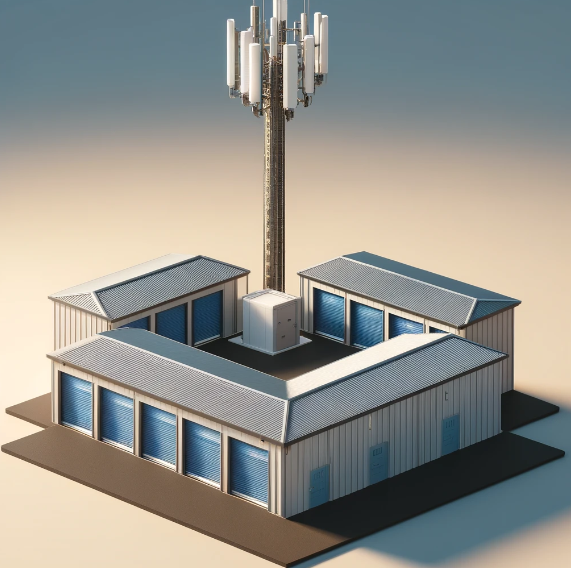Verizon Finds Landowners Don’t Like ROFR Clauses- So They Rebrand Them.
The wireless carriers are actively seeking to add right-of-first-refusal clauses (ROFR) to their new and extended cell site lease agreements. Verizon includes standard ROFR language in its cell tower leases that gives them the right to match other offers. The language is overly broad and as such, many landowners don’t like it. As it was, the language could restrict the sale of the entire parcel on which the small cell tower lease area sits. It appears that Verizon may have had too many issues with negotiating the ROFR clause, so they decided to rename it and change it.
Here is the older language from a Verizon template lease:
- “RIGHT OF FIRST REFUSAL. If LESSOR elects, during the Term (i) to sell or otherwise transfer all or any portion of the Property, whether separately or as part of a larger parcel of which the Property is a part, or (ii) grant to a third party by easement or other legal instrument an interest in and to that portion of the Property occupied by LESSEE, or a larger portion thereof, for the purpose of operating and maintaining communications facilities or the management thereof, with or without an assignment of this Agreement to such third party, LESSEE shall have the right of first refusal to meet any bona fide offer of sale or transfer on the same terms and conditions of such offer.
Here is the new language.
- “THIRD PARTY COMMUNICATIONS FACILITY OPERATORS. If, during the Term, LESSOR receives an offer or letter of intent from any person or entity that is in the business of owning, managing or operating communications facilities or is in the business of acquiring landlord interests in agreements relating to communications facilities, to purchase fee title, an easement, a lease, a license, or any other interest in the Premises or any portion thereof or to acquire any interest in this Agreement, or an option for any of the foregoing, LESSOR shall provide written notice to LESSEE of said offer (“LESSOR’s Notice”).”
We typically recommend removing ROFRs entirely from leases. However, in some cases, the landowner isn’t in the position to demand its removal. In those cases, we recommend limiting the ROFR to the sale of the lease and only to companies that own towers or that purchase leases. It is good to see that Verizon has changed their default language. We still have some issues with the language above, but at least it’s fairly restrictive in terms of what it applies to.
We would prefer that Verizon call the clause what it is- a ROFR clause instead of a “Third Party Communications Facility Operators” clause- as that has the potential to deceive landowners who don’t take the lease to their attorney.












2 thoughts on “Verizon Finds Landowners Don’t Like ROFR Clauses- So They Rebrand Them.”
Crown tried to slip a ROFR into an amendment so be careful. My lease has 5 years left on it. Going to just amend it with an extension and add some language they aren’t going to like. Md7 and Black Dot have come at me multiple times over the years. Each time I tell them the only direction the rent will be going is up and they are welcome to decommission the site. Been 25 years and it is still here. I told them they can gonto my neighbor but the rent for the fiber on my easement will stay the same. Waiting to see a relo tower pop up somewhere next.
Tim- glad to hear it. In most cases, that’s the safe bet. (And in yours)